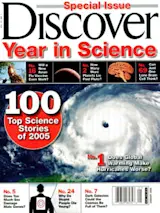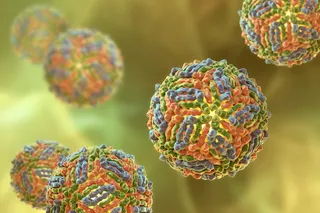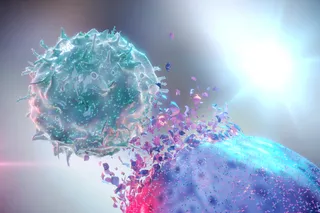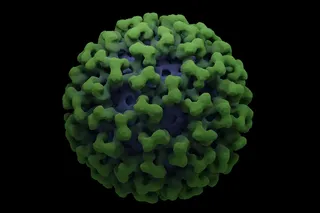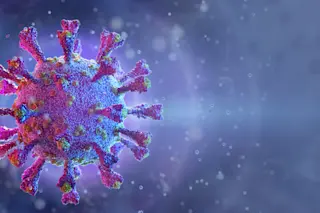A Little Klotho In Your Cereal Couldn't Hurt
Mice with a defect in the gene that produces a protein called Klotho are born normal but start to age quickly, developing skin and muscle atrophy, osteoporosis, arteriosclerosis, and pulmonary emphysema—all symptoms of aging in humans. In September a team of researchers reported that extra Klotho produces the opposite effect, lengthening mouse life span by up to 30 percent.
Researchers developed a transgenic line of mice that overexpress the gene for Klotho and then observed that they lived longer than their wild cousins. Little is known about the exact molecular mechanisms by which Klotho suppresses aging. Although caloric restriction also can lengthen life, the researchers found that their transgenic mice ate no more or less than ordinary mice.
The overproduction of Klotho had few side effects on the mice. Although too much of it does cause problems with blood sugar levels, it ...


